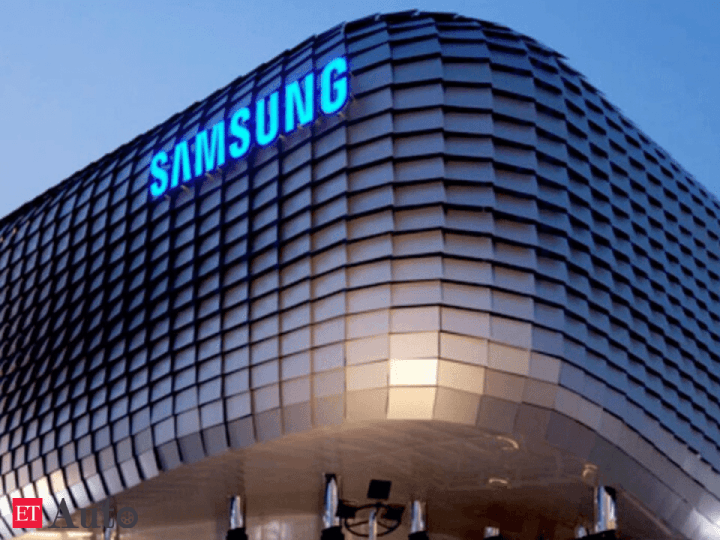
Samsung chose a small town near Austin, Texas as the location of its $17 billion chip factory to support the United States' efforts to strengthen its domestic electronics supply chain.The company said in a statement that the Tyler, Texas plant will help promote the production of the next generation of technologically advanced logic. The Samsung fab will manufacture chips for mobile applications, 5G, high-performance computing and artificial intelligence.
Kinam Kim, CEO of Samsung’s Electronic Device Solutions Division, said: “As we build a new factory in Taylor, Samsung is laying the foundation for another important chapter in our future.” “We will be able to better meet the needs of our customers and serve the world. Contribute to the stability of the semiconductor supply chain." This project is critical to the United States' goal of resuming domestic semiconductor production. In an industry dominated by companies based in South Korea and Taiwan where Samsung is headquartered, the United States accounts for approximately 12% of global production. As semiconductor shortages forced global automakers to idle production lines, leave workers on vacation and suffer billions of dollars in losses, the increasing reliance on chip technology became the headline news last year.
Samsung had previously negotiated with three U.S. states to build the facility. The company said that failure to obtain sufficient subsidies in the United States will prompt the chip maker to build a new fab in South Korea. King thanked the Biden administration and US legislators for their bipartisan support to quickly formulate federal incentives for domestic chip production and innovation. Samsung did not disclose the details of the incentives. The new plant plans to start mass production in the second half of 2024. The Taylor factory is expected to become a key location for Samsung’s global semiconductor manufacturing capabilities and its latest production line in Pyeongtaek, South Korea. It is estimated that the 17 billion U.S. dollar investment will be Samsung’s largest investment in the United States, bringing the chip manufacturer’s total investment in the United States to more than 47 billion U.S. dollars. It currently has more than 20,000 American employees.

Taylor's choice helped Texas maintain its status as one of several chip manufacturing bases in the United States, including Arizona, New York and California. "I look forward to expanding our partnership to make Lone Star State a leader in advanced technology and a vibrant economic powerhouse," said Texas Governor Greg Abbott. Samsung said its decision to invest in Taylor was based on a variety of factors, including the local semiconductor ecosystem, infrastructure stability, local government support and community development opportunities. In particular, Samsung’s current manufacturing base in Austin is approximately 30 miles southwest of Taylor, which allows the two locations to share the necessary infrastructure and resources.
Despite the extensive power outage in Austin earlier this year and the suspension of Samsung, NXP and Infineon fabs, Texas was still selected. Chip manufacturers lost hundreds of millions of dollars after stopping production, leading to a global chip shortage. Once the new factory is fully operational, Samsung’s investment is expected to create more than 2,000 high-tech jobs and thousands of related jobs. When the announcement was made, both parties in Washington supported the renewed support for US chip manufacturing and reduced risk exposure to Asia. As part of the CHIPS for America bill, the Senate approved a $52 billion package to promote new investment in domestic chip production. This clause needs to be approved by the House of Representatives, which has provided its own package of technology investment and puts more emphasis on chip research and development.
Samsung’s main competitor, Taiwan Semiconductor Manufacturing Company (TSMC), selected Phoenix as the site of its new fab last year, and plans to start production in 2024. TSMC’s total expenditure on the project will be approximately US$12 billion from 2021 to 2029. At the same time, Intel continued its site location search to find the proposed "large fab" in the United States. An Intel spokesperson said that the construction of new facilities still depends on the passage of chip legislation.
As part of the investment, Samsung said it will provide financial support to create a Samsung Skills Center for the Taylor Independent School District to help students develop skills needed for future careers, as well as provide internships and recruitment opportunities.



